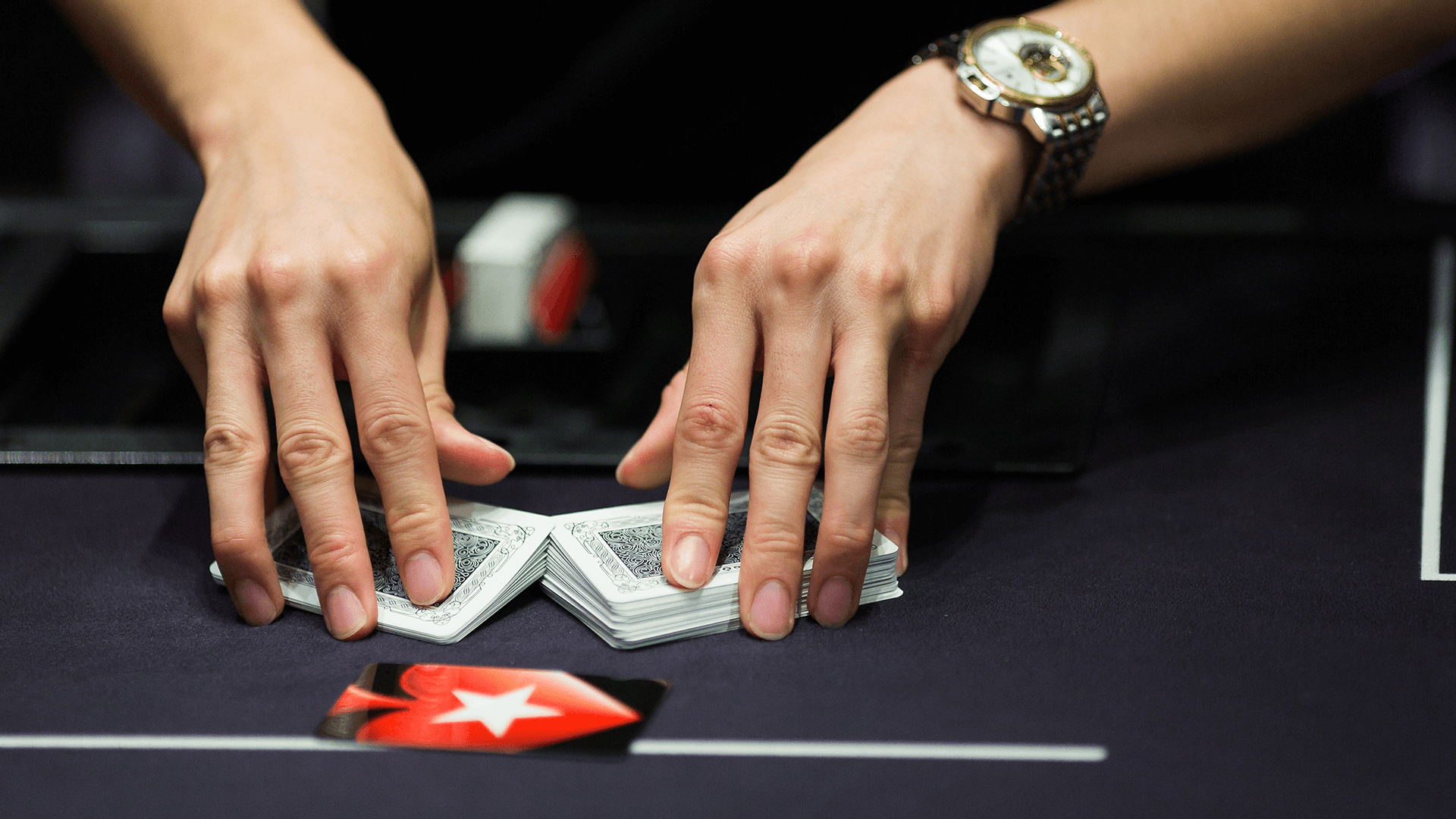Preparing for the Big Game
The modern poker player is presented with all kinds of opportunities. He or she can play any number of variants of the game, for any stakes in countless locations. Some players like to specialise in one particular discipline, while many enjoy the variety and change their game often.
The following series of articles is all about no limit Texas Hold’em cash games, one of the most popular and potentially profitable variants of poker. It leads on from the lessons of the Poker Basics course, and all of what you learned there is relevant in this course too.

Why play cash?
Cash games have a number of advantages over tournaments. For instance, if you lose your stack, you can simply buy more chips. And if you don’t like the table you are sitting at, you can just get up and look for another one. Neither of these options are available to the tournament player.
The level of the blind bets do not change in a cash game, meaning there is no additional pressure applied to players’ stacks from the tournament clock. Cash games are, essentially, endless. Players arrive to the table, sit down when a seat is available, and play until they are ready to leave. Then another player might take their seat and the game continues as normal.
Players come in and out as they desire and participants can change dramatically. But as long as the table stays open, there will be a game. At PokerStars, that means 24 hours a day, seven days a week.
Although no actual bank-notes or coins are placed on the table (especially not online) all chips have a real cash value. They are not the tokens used in tournament play. Betting amounts are announced in real currency, and players will have a real cash amount in front of them.
Throughout this course, we will build on what was introduced in the Poker Basics course, and tailor it to a cash-game environment. We will first look a little closer at the principal differences between cash games and tournaments before running through how these differences affect pre-flop play, post flop play and the concepts of betting. We will also take a look at some of the big mistakes players tend to make, and how to avoid them.
As ever, this is an interactive course. Look out for the invitations to live training sessions with our PokerStars School tutors. Also be sure to save hand histories from your time at the tables and post them with any questions in the forums.
There are exercises scattered throughout the course, for you to test your knowledge.
Cash games are the daily business for most poker professionals. The TV show The Big Game shows how they do it. After reading this series of articles you will be able to understand their reasoning a lot better – even though it might be some time before you are crossing swords with the biggest sharks in the game, running flops four times and wagering hundreds of thousands of dollars.

